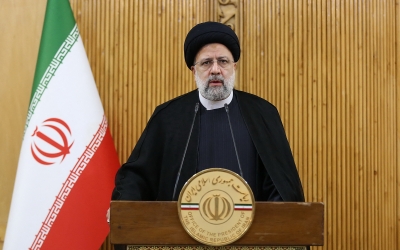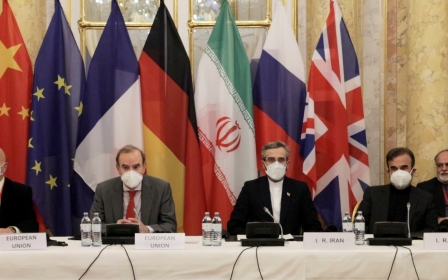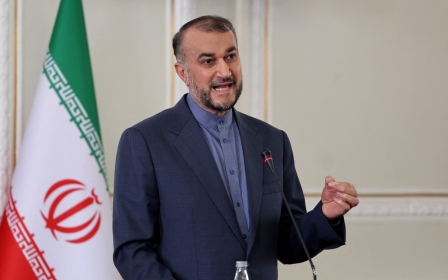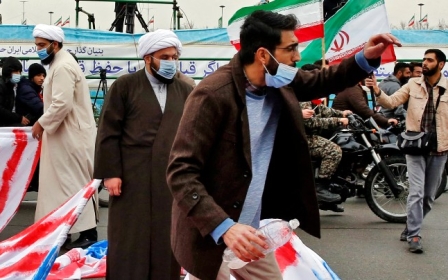Israel urges US not to delist Iran's Revolutionary Guard as 'terror' group
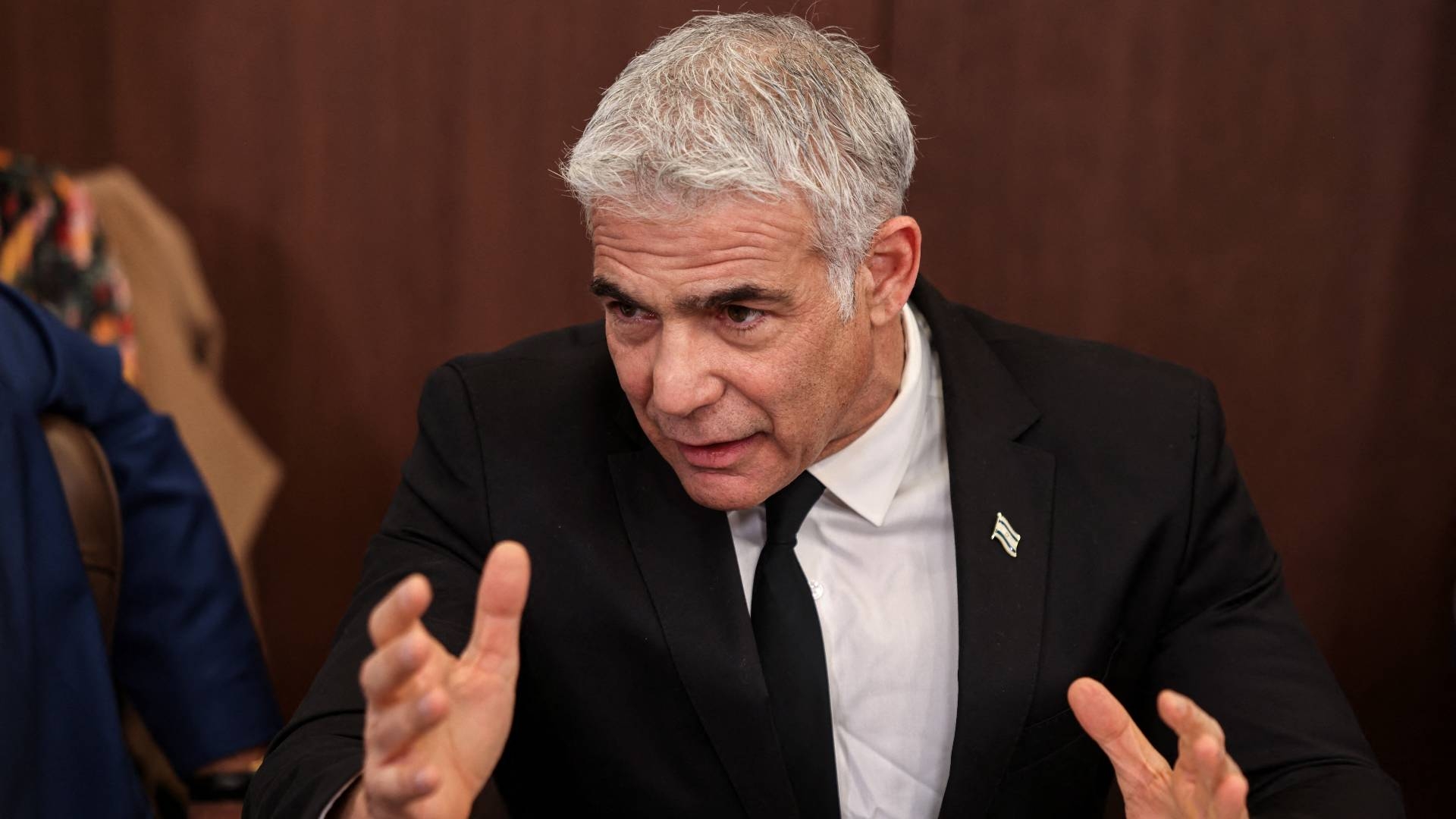
Israeli Foreign Minister Yair Lapid indicated on Monday that the US may be open to delisting the Iranian Revolutionary Guard Corps as a terrorist group, and called on international actors to convince the White House to reject this Iranian demand.
"Everyone in his right mind should talk to the administration about this and tell them, 'This is just wrong, don't do that'," said Israel's top diplomat, speaking in Jerusalem at the Conference of Presidents of Major American Jewish Organizations.
"The world cannot agree to these audacious conditions... It cannot allow tens of billions of dollars to flow to Iran nor allow it to continue to spread terror around the world."
Prime Minister Naftali Bennett also gave the same warning on Sunday, saying that Tehran was demanding that the IRGC be delisted.
"Iran is demanding to delist The IRGC. Do you understand? They are now asking to let the biggest terror organisation on earth off the hook," Bennett said at the Conference of Presidents.
The IRGC was first designated as a foreign terrorist group in 2019 by the former Donald Trump administration, a move that came with sanctions and a ban on Americans doing business with it or providing material support for its activities.
It also barred any individuals linked with the group from entering the US, a policy that Iranian Americans say are keeping them separated from family members whose mandatory military service was completed in the IRGC.
Israel 'not subject to deal'
The Israeli prime minister and foreign minister's remarks come during the "final stages" of indirect negotiations between the US and Iran that are aimed at a return to the 2015 nuclear deal.
The texts of the agreement reportedly would see Iran return to compliance as outlined in the 2015 deal, in exchange for the US lifting all sanctions that were "incompatible" with the initial accord.
Lapid said Monday that any potential return to the agreement, known formally as the Joint Comprehensive Plan of Action (JCPOA), “is a return to a weaker agreement just because of the time”.
'Israel will protect its security by itself'
- Yair Lapid, Israeli foreign minister
"We were unhappy with the deal to begin with," he said. "We are more unhappy with a deal that has lost four years."
After former US President Donald Trump left the nuclear deal in 2018, Washington reimposed wide-ranging sanctions on Iran under its "maximum pressure" campaign. For months, Tehran continued to abide by the agreement before beginning to reduce its commitments.
Israel has been opposed to a return to the nuclear deal, with Prime Minister Bennett saying on Sunday that a new agreement would "create a more violent, more volatile Middle East".
Lapid said, however, that Israel is in close contact with the US on other ways of stopping Iran from becoming a nuclear threshold state, but noted that the country is not a party to the emerging nuclear deal and is not going to be bound by its terms.
"To be clear: We are not subject to this deal. Israel will protect its security by itself. We have a strong army. We have the Mossad. We have a determined government. We will not hesitate to act to prevent Iran from reaching its goal," he said at a meeting for his Yesh Atid party.
Middle East Eye propose une couverture et une analyse indépendantes et incomparables du Moyen-Orient, de l’Afrique du Nord et d’autres régions du monde. Pour en savoir plus sur la reprise de ce contenu et les frais qui s’appliquent, veuillez remplir ce formulaire [en anglais]. Pour en savoir plus sur MEE, cliquez ici [en anglais].


